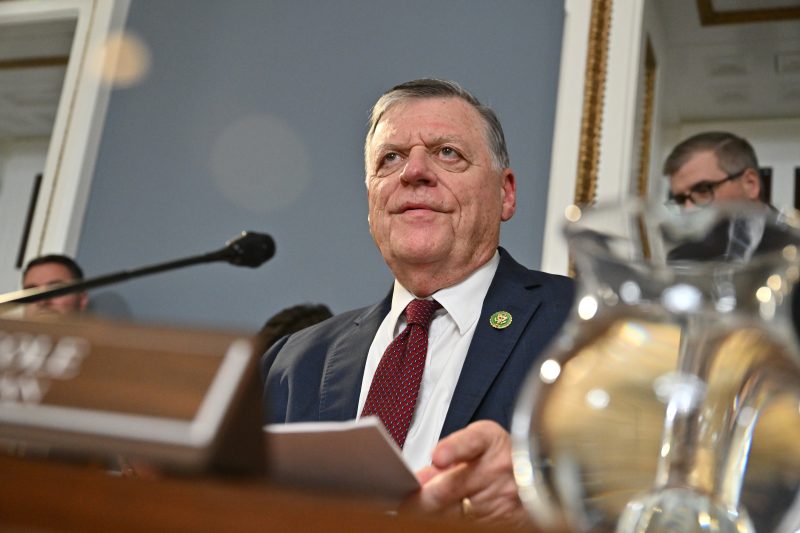
Triumph of the Titans: Primary Voters Elect to Stay the Course with Incumbents
The 2020 election cycle was everything but predictable; however, primary race exit polls across the United States show a prevailing trend: the apparent victory of the establishment. Contrary to the expectations that outsider candidates fueled by polarization and unprecedented social unrest could gain momentum, established incumbents cruised to relatively comfortable wins. While the narrative of anti-establishment sentiment and the need for new leadership in both major political parties has been vibrant, the reality we face today demonstrates the enduringly steady support for political veterans and the power of incumbency.
One of the key factors contributing to this trend appears to be the accessibility and charisma of the pacesetting incumbents. Incumbents, by virtue of their existing stature, have the resources and relationships to maintain crucial advantages. The ready availability of funds and substantial recognition allow them to reach many more voters and engage with a wider audience. This solid foundation developed throughout years of public service is a potent factor that often propels incumbents to primary victory.
Moreover, the power of incumbency grants an inherent ability to influence legislation, which can be utilized to concretize their political position. Resultingly, incumbents can actively shape policies, sway public opinion, and through poised and well-timed legislative moves, further entrench their hold in their respective jurisdictions. This control over both legislative dynamics and narrative makes it particularly arduous for newcomers to penetrate the political landscape and gain electoral traction.
Interestingly, the present national and international situations have also played a role in voters choosing to stick with the known over the unknown. During times of crisis, such as the ongoing pandemic and economic instability, voters might be more inclined to select experienced functionality over unproven potential. The sense of familiarity associated with incumbency deeply resonates with voters seeking certainty and stability amidst the swirling political, economic, and health uncertainties.
In spite of the anti-establishment rhetoric, the popularity of insurgent candidates, and the dynamic social discourse, the perceived reliability of incumbents is clearly resonating with voters. Particularly, the current climate of unease has spurred voters to cling tighter to what they know, reinforcing the establishment presence in crucial political offices.
However, while primary voters are leaning towards incumbency, it should not be forgotten that these currents could change in general elections. While primary elections often tend to attract the most fervent supporters of a party—those more likely to back establishment candidates—general elections bring a broader demographic to the voting booth. This diversity could potentially open up the race, and the newcomers might still have a fighting chance to upset the established political landscape.
Overall, the strength of the establishment in the 2020 primaries indicates that despite the political turmoil and social changes, the allure of experienced politicians and the desire for continuity is, for many voters, still appealing. It is a compelling testament to the resilience of the establishment, cultivating an intriguing groundwork for future election cycles. The question remains, however, if this preference for incumbency is a passing trend influenced by current crises or a more deeply rooted electoral behavior pattern that will persist in the face of growing calls for change.
